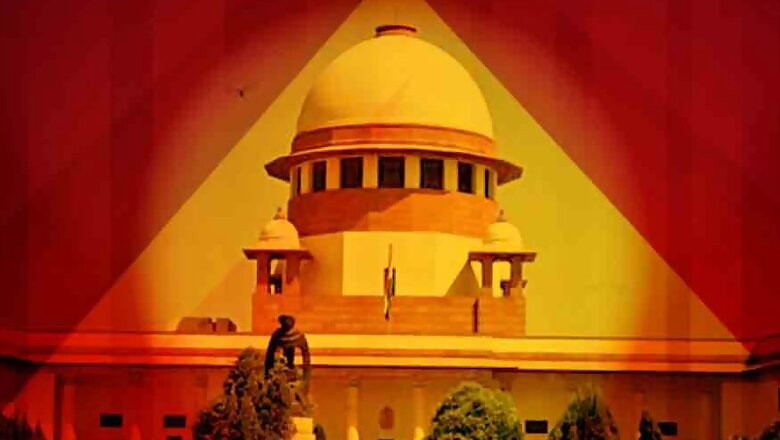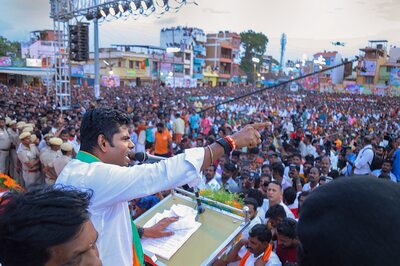
views
New Delhi: Reproaching its “unexpected” approach of deciding cases, the Supreme Court has asked the Orissa High Court “in future to decide the matters by reasoned order strictly in accordance with law”.
A bench headed by Justice Arun Mishra was extremely critical of certain orders passed by the High Court and went ahead to suggest that the judges there should pass better orders.
The High Court incurred strictures over its non-reasoned orders, reducing the compensation under the Workmen Compensation Act and motor accident cases.
Recently, when the bench came across one such order by the High Court, it noted that there were no reasons cited why the compensation had to be slashed and that a cryptic order seemed to be have been passed.
“The High Court has unnecessarily reduced the compensation awarded by the Commissioner for Employees Compensation-cum-Assistant Labour Commissioner, Berhampur, Ganjam. That approach is unexpected from the High Court,” said the bench.
It pointed out that the High Court is supposed to decide the cases purely after considering the matter in accordance with law.
“It is surprising that the High Court had not assigned any reason while interfering with the just and appropriate order passed by the Commissioner. This approach of the High Court cannot be appreciated,” stated the order.
The bench then issued a word of caution for the High Court.
“We request the High Court in future to decide the matters by reasoned order strictly in accordance with law, not by these kind of orders. It is made clear that it is the duty of the courts to give what is proper and due and courts are not supposed to take away what is just and admissible claim. The approach of the High Court is thus not appreciated at all,” said the strongly-worded order by the top court.
The bench then set aside the order of the High Court that was passed three years ago and restored the Commissioner’s order, thereby enhancing the compensation yet again.
In the order under challenge, the High Court had not only reduced the compensation but also did away with the interest and penalty to be paid by the insurance company involved in the case.




















Comments
0 comment